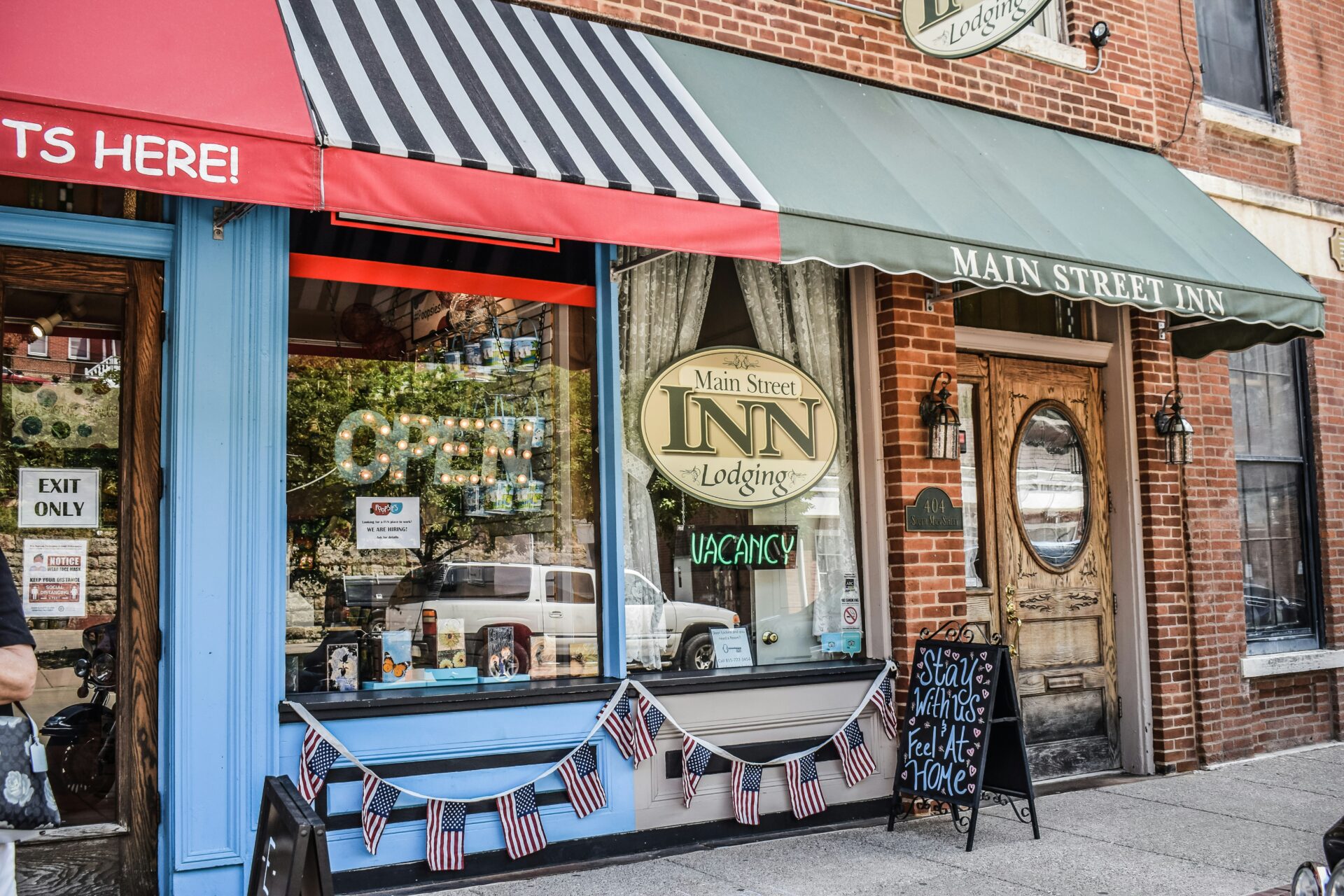
Photo by Keren Roeglin on Unsplash
Ambassadorship
February 18, 2025
Nations send ambassadors to each other to establish diplomatic relationships that lead to mutual benefits. And when we have an opportunity to travel overseas, we are thankful to know that there’s an embassy we can count on if we happen to need one!
Beginning this year, many people who may not have the legal documentation to be in the United States are fearful of deportation even if there’s an embassy to call. Even their citizenship of another country might not help them.
From the beginning of nationhood, boundary lines are drawn creating identities of citizens and non-citizens, immigrants and refugees, aliens and foreigners, undocumented, H-1B status, TPS, Dreamers, and others. We ask each other, what is your legal status?
During World War II when the U.S. was fighting Japan, over 110,000 Japanese and Japanese Americans were legally removed from their homes and businesses and interned in 10 internment camps spread over the country. Regardless of whether they were U.S. citizens or not, they were seen as a threat to U.S. security just by the color of their skin and their ethnic-cultural background.
Birthright citizenship is enshrined in the U.S. Constitution in the 14th Amendment and further ruled constitutional by the U.S. Supreme Court in the case of the United States v. Wong Kim Ark in 1898. Here’s the back story of Wong Kim Ark. Wong was born in San Francisco in 1873 to China-born parents who had immigrated legally to the U.S. When the family moved back to China, the teenage Wong returned to San Francisco. He worked as a cook in Chinatown and traveled back and forth to China, where he met his wife, who gave birth to their son.
When Wong returned to the U.S. in 1895, he was denied entry and held on a steamship in the bay under the Chinese Exclusion Act of 1882, which barred Chinese laborers from entering the United States.
Eventually with the aid from lawyers provided by the Chinese Consolidated Benevolent Association who argued for his right to enter as a U.S. citizen, Wong was allowed to come on shore. His case reached the Supreme Court, which ruled that Wong, as the U.S.-born son of Chinese parents who were not “employed in any diplomatic or official capacity under the Emperor of China,” was a U.S. citizen under the 14th Amendment. The American Immigration Council notes that Wong’s case has established the precedent for birthright citizenship for the children of immigrants to the United States for over 125 years.
The apostle Paul writes that since we have been reconciled with Christ, we are to become ambassadors for Christ in the world. In Christ, let us also be ambassadors of peace and love in the world in such a time as today.
American-born citizens’ allegiance to their country of birth is not predicated on their parents’ home country but rather on the positive development of identity formation and loyalty over the course of a lifetime.
But today, I am more aware of the color of my skin again. I felt threatened in 2020 when the coronavirus was determined to have originated in China, which began the scapegoating of Asians leading to anti-Asian hate. Being afraid of others causes us to retreat and avoid being seen for self-protection. It causes me to go into hiding. If this self-incarceration goes on, my own human rights are denied. I won’t let that happen.
One time I was on my morning walk with one of our grandchildren and she noticed that I was greeting everyone on the street with a good morning or calling out a person’s name. She thought I was being overly friendly. It may be that as a minister, I am naturally being friendly and cordial but on a second thought, it may also be for self-protection. The more I know people in my town, the more I am breaking down barriers that keep us from being caring neighbors.
During these next few years in an atmosphere of mean-spirited name calling and a relentless fostering of division, we need to increase our ambassadorship in our communities to transform strangers into neighbors. I know the names of many of our neighbors, like Jose who cleans the public toilets on my walk. We choose local eating places to meet the proprietor, like Regina, whose family is from Mexico, in order to support their enterprises. I walk down to our local hardware store where I always can get a solution to a home project and to see Albert who works there and lives on a boat.
While we need U.S. ambassadors overseas, we also need to be our town ambassadors to become symbols of being helpful and friendly neighbors. The apostle Paul writes that since we have been reconciled with Christ, we are to become ambassadors for Christ in the world (2 Cor. 5:20). In Christ, let us also be ambassadors of peace and love in the world in such a time as today.
Rev. Donald Ng was president, American Baptist Churches, USA, 2014-15, the first Asian American to serve in this elected position. For 17 years, he was senior pastor of the historic First Chinese Baptist Church in San Francisco. He retired from full-time ministry in 2015.
The views expressed are those of the author and not necessarily those of American Baptist Home Mission Societies.


